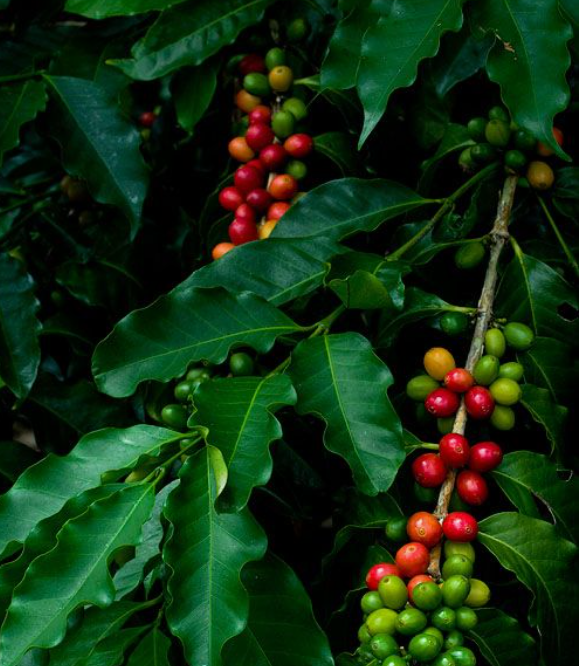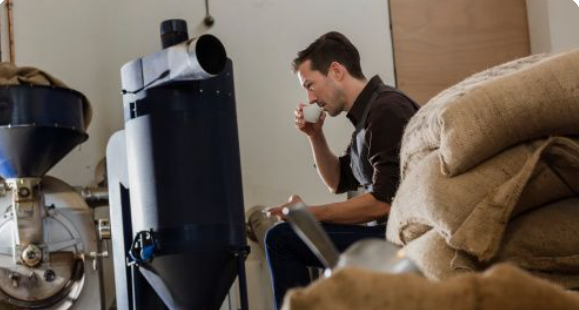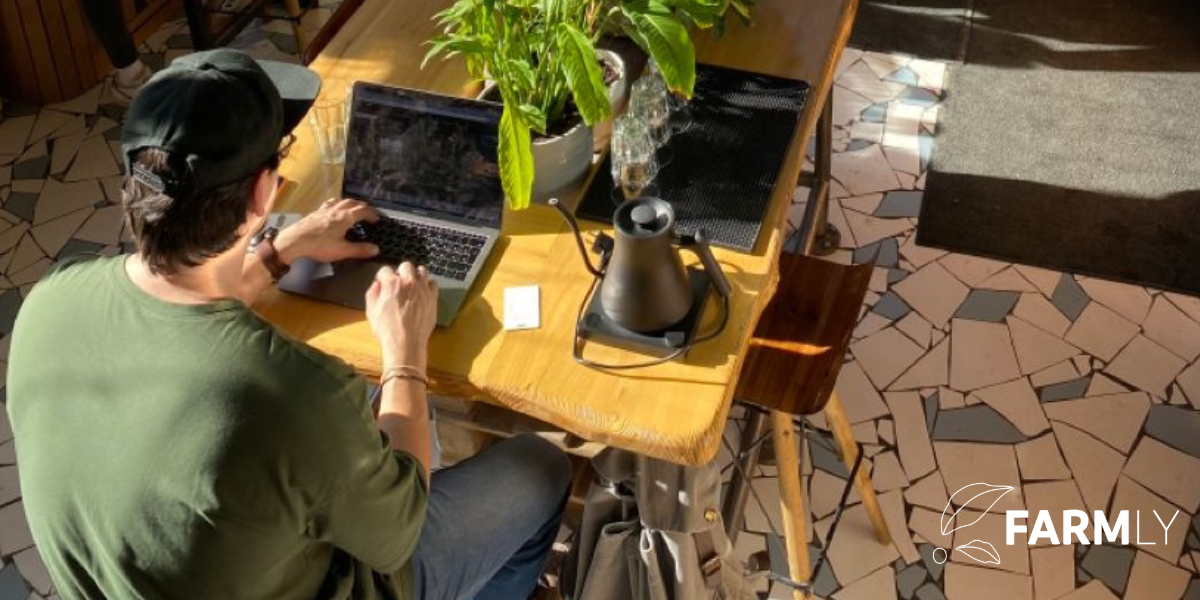In 2023, the coffee industry grapples with challenges imposed by the influence of El Niño on Brazilian coffee.This climatic phenomenon, known for its drastic changes in atmospheric conditions, is imposing its mark on Brazil’s coffee regions, sowing uncertainty and challenges for producers and consumers. In this article, we will explore how the extreme weather conditions triggered by El Niño are affecting coffee production in Brazil, leading to an imminent rise in prices and requiring strategic measures to face the turbulent times ahead.
What is El Niño and How Frequent is it?
El Niño is a complex climatic phenomenon characterized by the abnormal warming of the surface waters of the Equatorial Pacific Ocean. This disruptive warming has significant implications for global weather patterns. Normally, the Pacific Ocean experiences a condition known as La Niña, where the waters are colder than normal. El Niño occurs at irregular intervals, usually every 2 to 7 years, and can persist for several months.
Impact of El Niño on Coffee Production:
When it strikes Brazil, El ninõ introduces a host of climatic challenges to Brazilian coffee. Regions typically blessed with favorable conditions now confront extreme temperatures surpassing 40ºC. The arid conditions, coupled with inadequate rainfall and unfavorable forecasts, jeopardize plant resilience and disrupt crucial processes like photosynthesis. The dryness and elevated temperatures lead to the withering of coffee tree leaves, diminishing their exposure to sunlight and further interrupting photosynthesis.

El Niño not only influences climatic conditions, but also triggers unpredictable events, such as early flowering. The combination of high temperatures and intense UV rays confuses the coffee trees, resulting in an uneven harvest. Some have flowers, while others already have ripe, dry beans. This disharmony in the ripeness of the fruit presents a logistical challenge for producers, who are now faced with an incomplete harvest, which would normally only be scheduled for April/May.
The unpredictable weather generated by El Niño on brazilian coffee not only compromises quantity, but also has a direct impact on prices. The expected shortages and the resulting volatility on the stock market suggest an imminent rise in prices. Producers, consumers and companies linked to the coffee industry must be prepared for the economic challenges that will unfold in the coming months.
Strategies for Preparing for Shortages:
In the face of an imminent coffee shortage, businesses in the specialty coffee industry must employ strategic measures to safeguard their operations and financial well-being.Here are some tips to boost your success through these times that are approaching:
Secure Coffee Now: Considering the impending shortage scenario, purchasing coffee in advance is crucial. Securing stocks now, before prices reach higher levels, is a preventative strategy for consumers.
Future contracts: Producers and buyers can exploit futures contracts for financial protection. Setting prices now, in a more stable scenario, can offer security against imminent fluctuations. That’s a great scenario for both parts,
Proper stock control: Managing stock efficiently is essential for facing times of scarcity. Monitoring, avoiding waste and implementing conservation practices are critical measures in this challenging context
Know your buyer’s profile: Understanding your customer profile and purchasing habits can also help to do the right purchase at the correct timing, avoiding stocks of coffee that won’t be sold or not purchasing enough bags on the right moment. Establishing metrics can also help with this control.

Conclusion
In 2023, El Niño challenges the Brazilian coffee crop, prompting producers and coffee shop owners to navigate a climatic crisis demanding strategic action. High temperatures, scant rainfall, and irregular harvests not only threaten coffee supply but also foreshadow a looming price increase.
Amidst this adversity, preparation strategies emerge as a defense. Proactive coffee purchasing, utilization of futures contracts for stable pricing, and efficient stock control through rigorous monitoring and waste reduction become crucial measures. In facing the impact of El Niño, the Brazilian coffee industry can weather uncertainties with resilience and strategic collaboration between producers and stakeholders.




